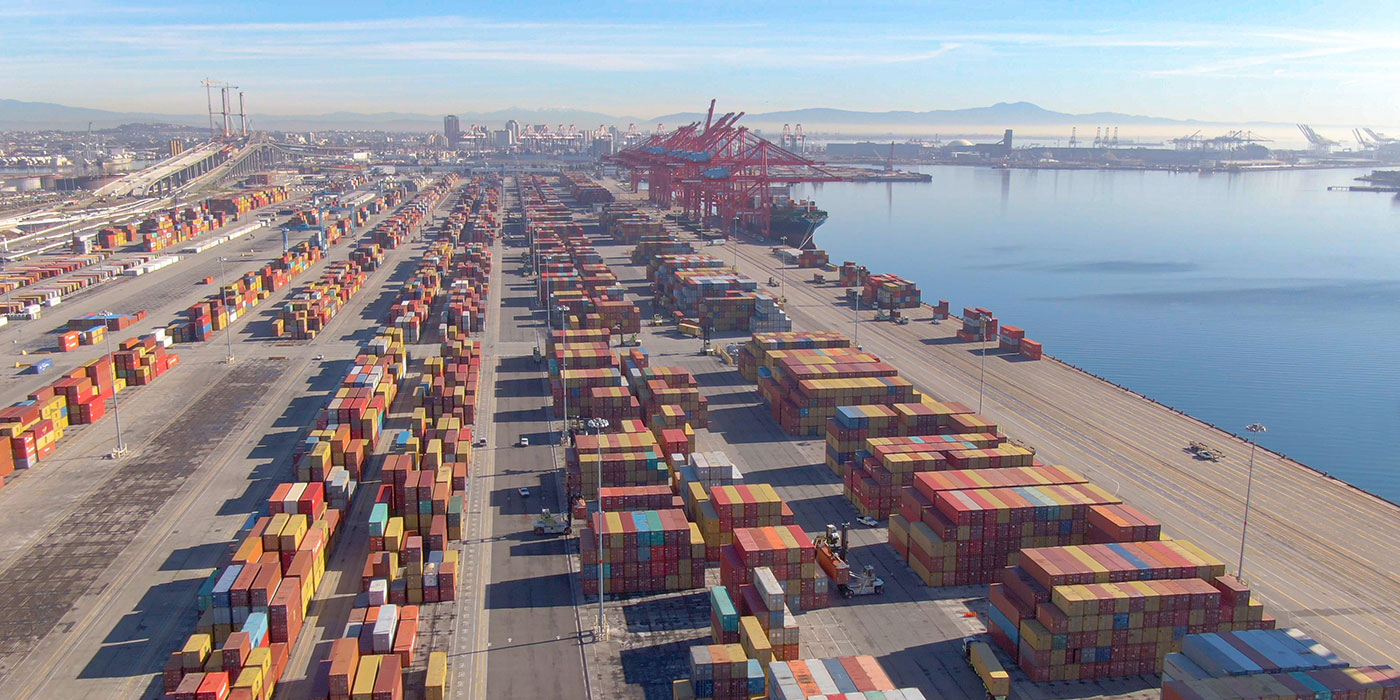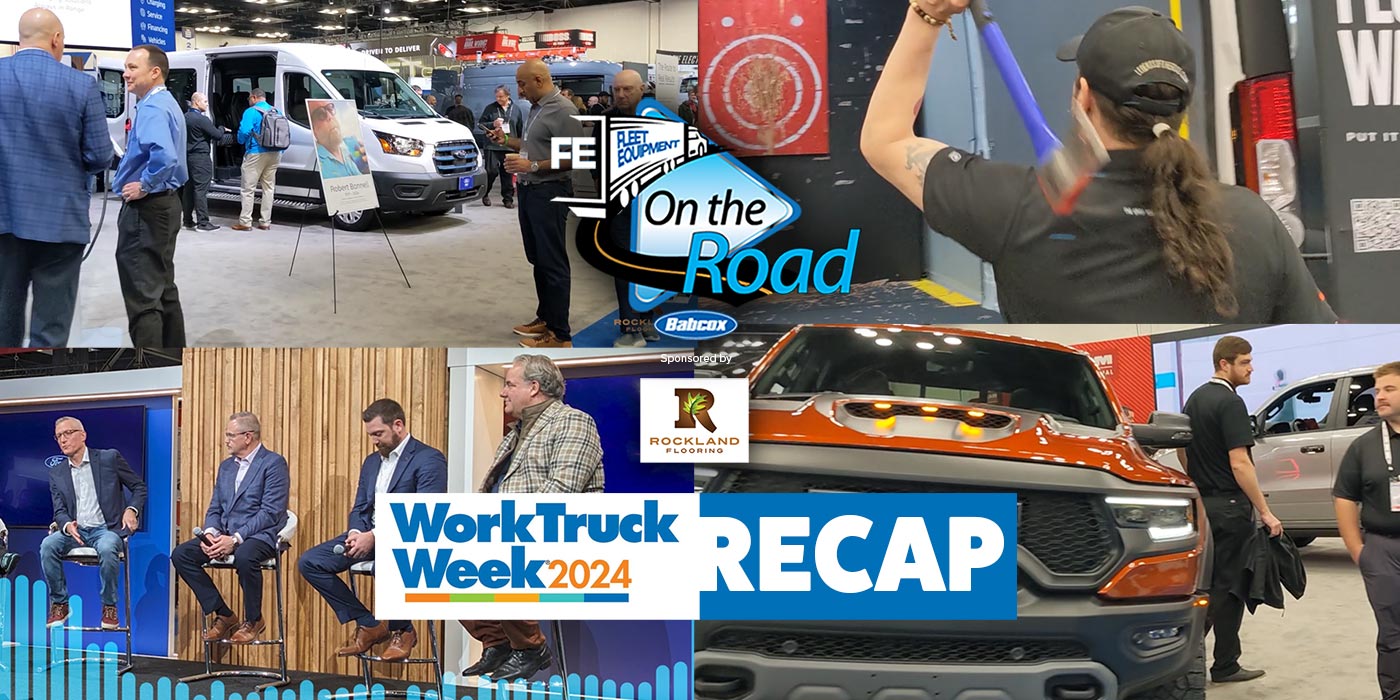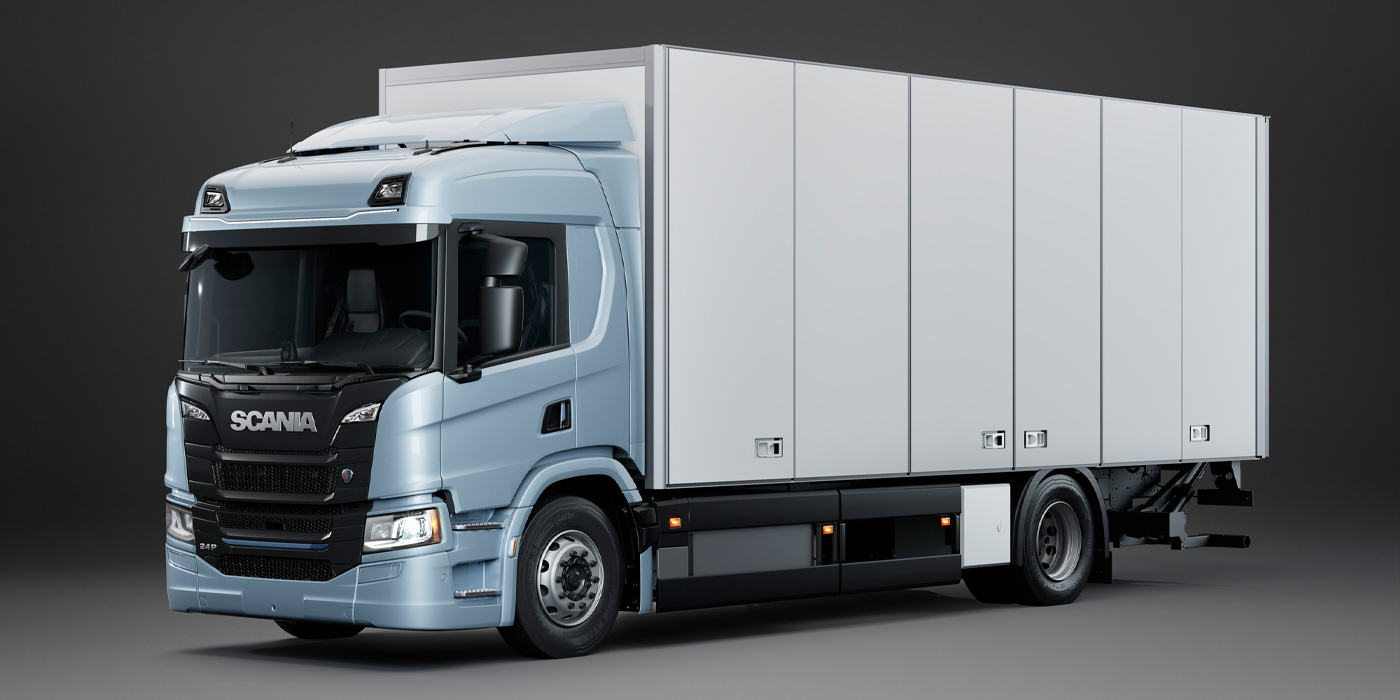Many heavy-duty electric truck manufacturers are selling battery electric trucks with a host of other medium-duty manufacturers right behind with their own lineup of EVs ready for 2024. There are also dozens and dozens of startup companies that started their businesses to do the same thing.
My colleagues and I have all gone on the road to drive some of these vehicles that have been developed. We can tell you, it’s everywhere, and it’s here now.
Electric vehicles are definitely a step forward when it comes to sustainability, but it’s not an easy one to make. Fleet managers have to consider several factors before they purchase or convert their first truck, or start installing chargers at their locations.
The first hurdle is charging standards. Just like with any early adoption of widespread technology, there are several groups and committees creating their own standards that each hope will become the standard.
There are several more, and each has its own features, its own vocational focuses, and its own power grid requirements. To make things even more confusing, some standards borrow the best features from other standards, and in some cases, make them better. It can make navigating the road toward reduced emissions confusing for fleet managers.
Consider how many trucks you have in your fleet, what size batteries they will have, how many miles they will be driving every day, how long it takes to charge a battery to 80% from 30%, or 20%, or 10%. Your application will determine your battery capacity needs and many of the next generation of battery electric trucks will offer several different battery pack configurations to meet duty cycle demands and help scale costs. If you run a vocational fleet, you have to pay close attention to the extra power requirements for, say, a refuse collection truck, a refrigerated truck, or a tow truck.
The second hurdle is infrastructure. You have to be sure the charging standard you choose is available at as many locations as possible. You don’t want to have your fleet equipped with charger A in a part of the country that only accepts charger B? Additionally, your electric truck’s software and your charger software needs to be compatible. That’s what allows the truck to charge, not simply plugging it in. If your software can’t talk, then it doesn’t charge, even if you plug it in.
Working with your local utility will help you understand the rates in your area and how they fluctuate day to day. This is a huge factor in cost of ownership, especially in the long term. It gets complex really fast, but it’s all in order to figure out what kind of energy demand your fleet needs. You must also consider the cost and time frame of upgrades to your charging location’s electric service.
Additionally, you need to have a service plan. Nearly all electric trucks come paired with a full-service offering from your OEM of choice. However, many fleets will want their techs to be familiar with the EV powertrain and definitely need to understand the safety needs when bringing a battery electric truck into a bay. The OEM will be the primary source of training materials for your fleet. This brings me to hurdle number three: service and repair.
New diagnostic equipment may also have to be purchased. Equipment that can scan for the new issues and fault codes that these new drivetrain configurations introduce into the field. And then there’s personal protective equipment such as specialty tools designed to protect against electric shock, rubber gloves and face shields.
So all of this begs the question: Is making your fleet all-electric worth it? Well, it’s hard to say. It’s really up to what your fleet requires. If you’re planning on going down this road, just watch the trends and look for an opportunity. Maybe you’ll find just what you’re looking for and finally cross that finish line.













